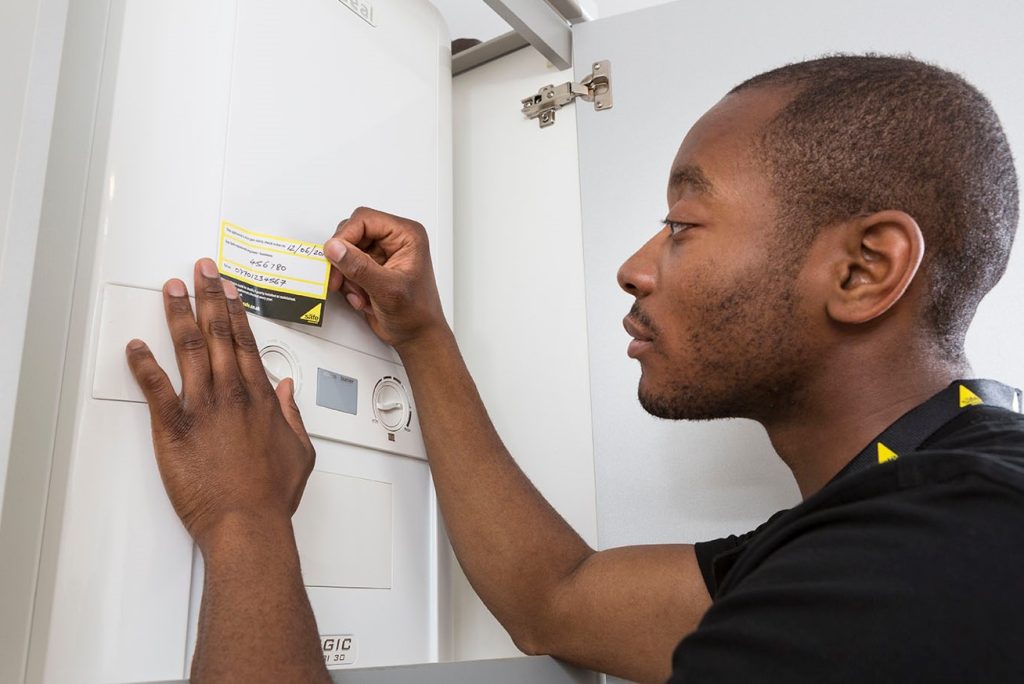
The Gas Safe Register plays a crucial role in the construction industry, operating as a vital safeguarding measure that protects both the public and workers from unsafe gas work.
The only official gas registration body in the UK, by law all gas engineers and businesses must be a member before they can legally carry out any gas work.
As we head into the the annual Gas Safety Week, below we take a look at what Gas Safe Registration means, along with the high levels of training engineers must undergo before achieving this status.
What does the Gas Safe Register do?
The Gas Safe Register ensures only those who are fully qualified are legally able to carry out gas work.
The organisation undertakes monitoring inspections of all businesses on the register to ensure they are applying gas competence, investigates gas safety complaints against registered businesses and engineers and applies sanctions where breaches have been identified.
It also investigates reports of illegal gas work carried out by unregistered businesses or engineers and reports findings to the Health and Safety Executive (HSE).
Beyond this, the organisation regularly runs consumer campaigns to raise awareness of gas safety issues and provides a facility for registered businesses to self-certify the work they carry out.
What training is required to become Gas Safe registered?
There are four stages of training and assessments required before an engineer can join the Gas Safe Register.
The first is completing a training course relevant to your own experience with an industry-recognised organisation that meets Gas Safe requirements.
Once your initial training is complete, you’ll compile an on-site portfolio under the supervision of a Gas Safe Registered Engineer. This will be used as evidence of your gas safety competence.
Following that, you’ll need to complete your CCN1 via an Approved Certification Scheme (ACS). This assessment provides knowledge and skills relating to the safety regulations and procedures required by the latest British standards.
Once these requirements have all been met, an engineer is able to apply for registration.
After you have registered, the probation period lasts three months. You’ll need to keep records and be able to show examples of gas work and inform the register of all finished work. Any businesses unable to provide evidence of gas work within the probationary period will be suspended.
Once you’re Gas Safe Registered, membership lasts for 12 months. After this period has passed, you’ll need to renew.
Gas Safety Week
Launched by the Gas Safe Register in 2010, Gas Safety Week offers a platform for the gas industry, consumer organisations and individuals to unite and focus their communications about gas safety in one week, generating interest within the media and creating an impact among the public.